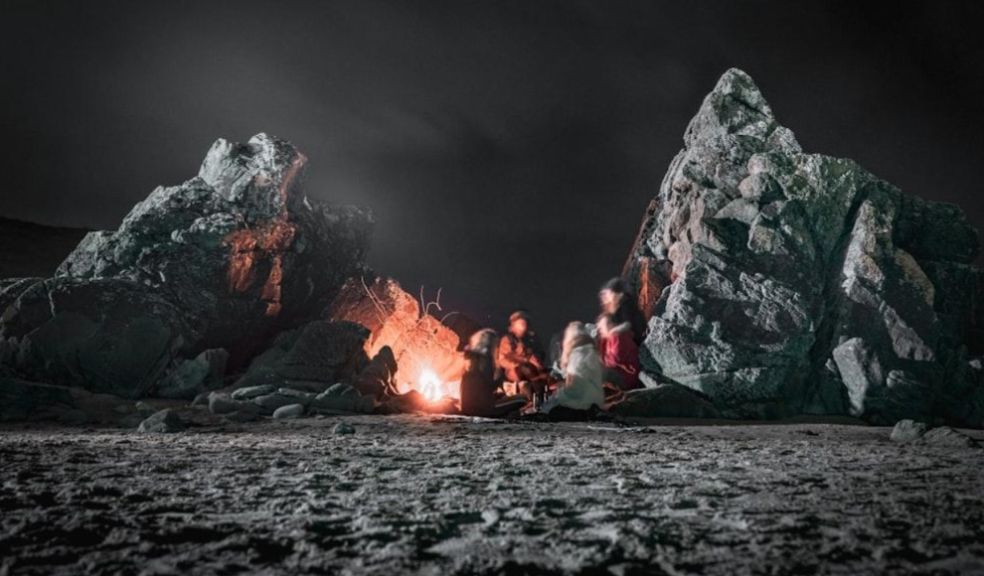
Decisive factors to consider for safe and sound camping
Camping is one of the best things to do to get a taste of nature and relax far from the concrete world. You get to do some exercise and push the boundaries of your capabilities, so knowing how to do camping right is an impressive skill that not many can achieve.
That’s because camping can be pretty dangerous as well. If you’re a beginner, it’s highly recommended never to travel alone, as unexpected occurrences always happen, and it’s best to have someone by your side. Solo camping, however, is a thing, as some people prefer to be alone with nature, but being solitary in the middle of nowhere at night will surely send chills down your spine. Many people underestimate the complexity of camping, so they end up missing or getting lost for a while.
Therefore, it’s always best to take all precautions necessary and make sure you protect yourself when camping. Here’s how to do it.
Choosing the right camping company
If you want to rely on a campground listing to make things easier to track, you could choose to book a campsite from an online business. But fake listings are actually regular, where scammers build an entire website that looks reliable, offering one of the most attractive and cheap amenities. Moreover, they insist on offering false promotions or deals if you tap on certain links, which is quite dangerous.
Your data can be stolen this way, but in other cases, you’ll be scammed during the payment process as they ensure the methods are unsecured. If you’re ever the victim of such an occurrence, check a How to Sue Guide on data breach claims and make sure to reclaim your losses.
Preparing your first aid equipment
Regardless of your experience, having a first aid kit is necessary, even if you believe you won’t need it. It may happen to encounter a wounded person around the campsite or during your hike, so you never know when it’s needed.
A basic first-aid kit should include some of the following:
- Plasters
- Sterile gauze dressings
- Bandages of different kinds;
- Tweezers and scissors;
- Painkillers;
- Eye wash;
Even if you have a great first aid kit, you must check and update it regularly if one of the supplies gets worn out.
Bringing your own water and food
Never overestimate the food and water accessibility in an area you have never been to because the water can be contaminated and the food scarce. Regardless of the place you choose to camp over, make sure you have a bare minimum of water and snacks that can come in handy if there’s no place you can buy it from.
This is also an easy way to avoid food poisoning, which is challenging to tackle outdoors. Hence, if you choose to prepare some food, make sure to store it properly and have enough ice in the container to avoid eating spoiled food.
Checking the weather
The weather can be unpredictable, especially in the UK, where different air masses influence every moment of the climate. So, make sure to check the forecast and be prepared for anything that’s about to come with proper clothing and supplies, as well as a means of communication with someone from far away.
It’s recommended to go camping in the UK somewhere from May to September due to good weather, but some choose to camp during winter, too, as it offers a unique look at the UK’s nature. However, make sure you put your tent somewhere sheltered and insulated from the ground to keep you warm since all the blankets in the world might fail to keep you warm alone. Some people choose winter camping or even during autumn because spring or summer tend to be packed, and they aren’t able to enjoy the solitude they’ve been looking for.
Being wary of wildlife
No matter how experienced or brave you are, never underestimate wildlife, as curious animals might surprise you on your way to the campsite or during the hike. Snakes, badgers and bats are common in the UK, but you never know when a brown bear might appear in front of you or when an eagle will fly above you.
Snakes are active during warm weather most of the time, but due to climate change, some have been seen even in mid-January crawling from their homes to search for food. Although they don’t usually attack when unprovoked, make sure to stick to your trails, wear long pants and proper shoes and remember to make a little bit of noise when walking so they’re alerted of someone’s presence and leave. Badgers, on the other hand, are usually more active after dark, especially between May and August, and they can become aggressive when cornered. Still, they are not known for attacking people.
Ensuring safety around the campfire
Campfire safety is one of the most underrated considerations when camping, but it’s paramount for ensuring people’s safety and security. Hence, most parks and open spaces do not allow campfires, especially during the fire seasons in spring and mid-late summer. Considering that Britain already experienced a dramatic wildfire season in 2022, we should expect the following years to be more intense in terms of fire risks.
If you really want a campfire, you must take responsibility for it, meaning placing it in a clear area, far away from the tent and any potential flammable items. Avoid having a campfire if the weather is windy and dry, and never leave the fire unattended. It’s also recommended not to overdo it because you only need the fire for entertainment and maybe food, so don’t make it bigger than it needs to be.
Are you ready to go camping?
Camping is both relaxing and challenging. You can live stress-free for a few days in the middle of nature but need to survive without your regular amenities. Hence, you need to prepare beforehand by choosing the right place, having a thorough first aid kit and minding your surroundings because you never know when animals will crawl into your tent or scatter through your equipment.
















